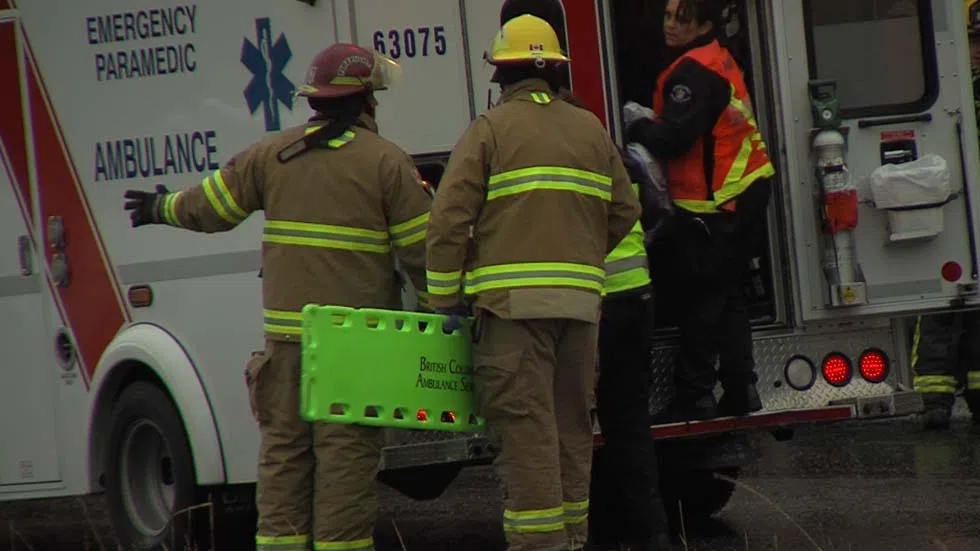
First ever mental health conference held for B.C first responders
VANCOUVER — Police officers, firefighters, dispatchers, and paramedics came from around the province for the inaugural B.C First Responders’ Mental Health Committee & Conference in Vancouver over a two-day span (Jan. 31 and Feb. 1).
34 speakers and presenters addressed topics ranging from recognizing symptoms of job-related stress injuries and peer-support methods, to the latest research underway in the mental health field.
Health and Wellness Director of the Ambulance Paramedics of B.C, Bob Parkinson says the event had about 400 people in attendance, and let first responders have important discussions.
“We talked about a lot of areas around mental health. Safety, we talked about stigma, peer support, education and understanding about mental injuries, what it looks like, and how we can support our people,” He explains, “A really global look at mental health.”


